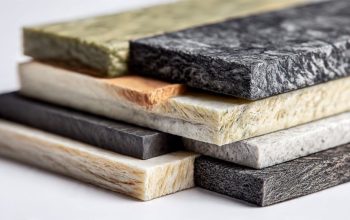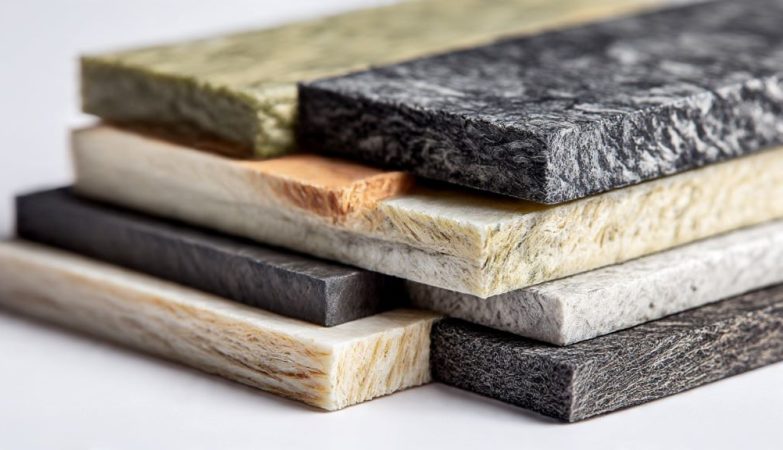One key way of increasing a pipe’s longevity and robustness is to use pipe wrap, also known as pipe insulation, pipe wrap tape, or pipe insulation wrap.
What is pipe wrap?
Pipe wrap is a special type of insulation. Let’s look at the benefits of using pipe wrap:
1. Protection
Pipe wrap helps to protect against corrosion by acting as a barrier against moisture.
2. Energy-efficiency
Pipe wrap can boost energy efficiency by reducing heat loss. This can also reduce utility bills.
3. Prevent damage
4. Reduce risk
Using pipe wrap helps to reduce the risk of bursts or leaks.
Specialists in pipe protectors
There are a number of firms that specialise in pipe protectors and similar products. Several of these., such as https://www.meterbox.co.uk, have useful online resources.
What are the different types of pipe wrap?
There are a significant number of pipe wrap options available:
Fibreglass
Fibreglass pipe wrap is lightweight and has lots of desirable qualities. It is moisture and chemical-resistant, able to deal with high temperatures, and offers high levels of thermal insulation. It can be used on indoor or outdoor pipes.
Foam
Foam pipe wrap is particularly effective at preventing condensation on cold water pipes. It is simple to install and provides excellent installation.
Rubber
Rubber pipe wrap is moisture-resistant, durable, highly flexible, and able to withstand extreme conditions. This means it is a great choice for pipes that are in a wet/damp environment.
Aluminium foil
Aluminium foil pipe wrap is often used in HVAC systems, as it is effective at reflecting heat and providing insulation. This also enhances energy efficiency.
PVC
PVC pipe wrap is commonly used in settings where pipes are exposed to harsh conditions (substances or environmental). It offers excellent chemical resistance and corrosion protection.
The type of pipe wrap you ultimately opt for should be based on your specific requirements.


